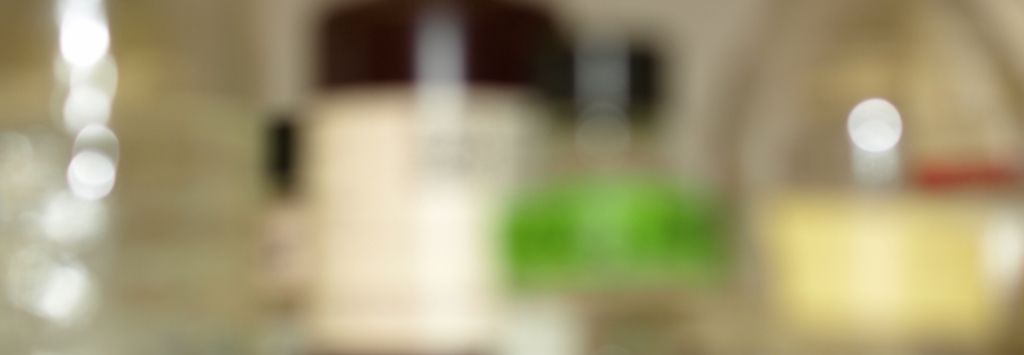On Wednesday, May 14, advocates for the use of CBD oil in children with severe epilepsy will be gathering in Springfield to urge lawmakers to pass Illinois SB2636, the bill that adds epilepsy as a condition for medical marijuana use. It has already been passed by the Illinois Senate and a House subcommittee. The groundswell of support for SB2636 and similar legislation throughout the country is making headlines every day it seems. Momentum is rolling forward.
Meanwhile, a multicenter clinical trial of a cannabis-derived drug is underway in two medical centers in the US (University of California at San Francisco and New York University) with more centers slated to follow soon. Research clinicians are eager to put some hard science behind the anecdotal testimonies of the benefits of CBD oil for children with epilepsy. But in order for their results to meet the rigorous standards of peer review, researchers are studying Epidiolex, a pharmacological formulation of pure cannabidiol produced by GW Pharmaceuticals.
Dr. Maria Roberta Cilio, MD, PhD, is heading up the study that started in January at the Benioff Children’s Hospital at UCSF. Twenty-five children are enrolled in the trial there. The KCNQ2 community is obviously interested in what these studies will reveal about this emerging treatment option. Dr. Cilio was gracious enough to answer a few questions for us by email.
JA: What are your criteria for enrolling patients?
Dr. Cilio: Patients 1 year to 18 years of age, with intractable seizures resistant to gold standard anti-epileptic drugs.* The patients must have been diagnosed with a well-defined epilepsy type and seizure type(s). Epidiolex will be administered in addition to the patients’ current drug regimen.
JA: How is Epidiolex different from “CBD oil?”
Dr. Cilio: Epidiolex is pure cannabidiol (containing no psychotropic THC). It is a schedule 1, non-FDA approved drug with “orphan drug” status that we are currently trying in order to evaluate effects and side effects. Despite the media and parents' reports about different preparations of CBD oil, there are no accurate data about short- medium- and long-term effects of these preparations. We are trying to gather data about Epidiolex that is a pharmaceutical compound containing pure CBD. For this reason, in order to clearly understand the effects of Epidiolex, patients should not be on any other cannabis-derived preparations. If a trial with Epidiolex is considered, the patient should be off any cannabis-derived product for at least two months. (Italics mine)
JA: What outcomes are you measuring: seizure control only or other effects too? I ask because parents of kids with KCNQ2-related epilepsy are obviously interested in the anecdotes about CBD oil helping kids make gains in cognitive development as well as seizure control.
Dr. Cilio: At this point we are measuring safety, tolerability, and efficacy in regards to seizure control. In regards to the anecdotal reports about children with Dravet using CBD oil and showing improvement in cognition, this needs to be confirmed with neuropsychological studies done prior to and after treatment. When a child with treatment-resistant seizures becomes seizure-free or experiences a marked decrease in seizure frequency with any medication, the first hypothesis that comes to my mind is that the gain in cognitive development is due to the seizure freedom or seizure reduction. I would call for caution at this point in stating that CBD improves cognitive function. I believe that accurate data are first needed regarding safety, tolerability, and efficacy before any conclusion is made. The great excitement in the media as well as among parents about this drug and other cannabis-derived compounds must be taken into account when outcomes from uncontrolled studies are evaluated. Randomized placebo-controlled trials of Epidiolex or other cannabis-derived compounds will help in overcoming potential biases and provide the most valuable information regarding seizure control and cognitive function improvement.
* In regards to her experience with patients with KCNQ2-related epilepsy, Dr. Cilio also notes: “In my experience, most children with KCNQ2 mutations have a low seizure frequency after the first years of life, or are seizure free. In my experience they respond well to carbamazepine. I believe that the potassium-channel opener Retigabine/Exogabine has a potential in treating KCNQ2-related epilepsy, since this drug can target the molecular disorder.”
One final note: although Dr. Cilio's full roster of patients in this study does not include any children with KCNQ2-related epilepsy, she does not exclude the possibility that at other centers KCNQ2 kids might be enrolled if they meet the criteria. We look forward to that day, and we will be keeping you posted!


